Living in the desert is a unique experience. Forget about the 120 degree summer days and the horribly unfriendly plant life. To me, the weather is quite fascinating. I love the monsoon rainstorms and the lightning is fantastic. Other places in the world have their own challenging weather situations, many much more dangerous. There are tornadoes, hurricanes, earthquakes, blizzards, etc… and none of these options are very appealing to me, which is why I prefer my native state of Arizona. But we do have our own unique weather effect: the dust storm.
I was traveling back from a job in Tucson and took a back road route home (rather than the freeway). I enjoy doing this because everything goes by so quickly on the freeway and there is no inclination to stop and look at anything (and of course, it would be illegal to do so). So the back roads are much more enjoyable as road trips go. On my way home, I saw an approaching dust storm and immediately pulled off the road and pulled out the camera and went hiking. The Arizona dust storm has a beautiful effect on our world. It creates a ghost of anything in the distance if not, it completely obscures it. Like a blizzard, it creates a thin sketch of the landscape with little to no contrast. I am generally haunted by vacancy in an image. I am not sure why, but of all the photographs I would select to hang in my home, it is those filled with quiet and solitude that appeal most to me. That doesn’t mean that I choose to photograph this way all the time, but it has the deepest emotional affect on my soul. I think it is because that is who I am at my core.
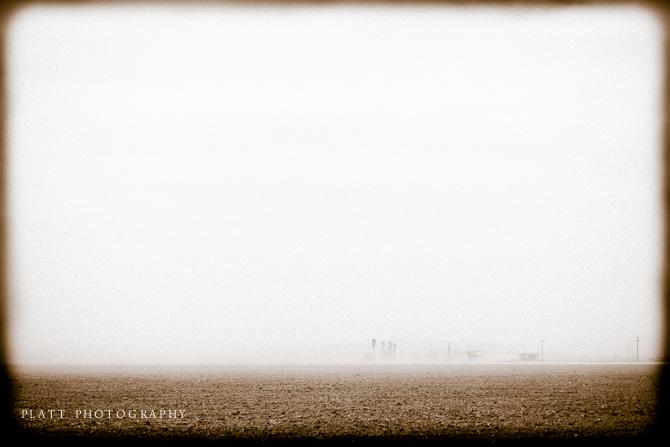
If you are drawn to a particular style of photography, or art, and looking at that work brings you home, you can be sure that that attraction says a lot about you as a person. In fact, weather you like a photograph or don’t, says less about the photographer or the photograph and more about you as a person. Which is why, I think, that I get along so well with my clients. They have selected me as their photographer based on their emotional and intellectual response to my work. Which means that they, in some way, deep down at some root level, are like me. We agree on what gives us peace and brings us home.
When I got home and started working with this image, I asked my wife about this image. “Am I off base, or is this image extremely haunting and beautiful?”
“I can see what you are attracted to in the image,” she replied, “but it’s not all that great!”
No, I wasn’t devastated by her comment. I just decided she was wrong. It is great, but perhaps only to me and people like me. Remember, her reaction to the photograph says more about her, than it does about the photo. In contrast, I think my friend Isaac Bailey would like it. But I think we share a common love for solitude (or perhaps it is a sullen longing for sleep). My wife grew up in the city with all of its distractions and noise, I grew up on the prairies of Northern Arizona where the only noise is the constant wind. So, my wife’s take on this photo was an instructive reminder to me. My wife is a good judge of a photograph, which tells me that this image is different, my attraction to it isn’t just about some other brilliantly employed compositional strategy, I didn’t make this picture to sell something or even to make a statement. I made it because something inside me wanted to go home for a little while and relax there in the shadow of the Zuni Mountains and look over the endless flat land, smell the dust, swap stories with my brothers and wait until dark for a ride back into town. This was a free ticket back to Bitter Springs after the long climb through The Gap to witness the brilliant view from the tops of the Vermilion Cliffs. Sometimes photography isn’t about the subject in front of us at all. The subject is just a catalyst for memory, a sort of psychiatrist’s couch for introspection and self discovery. And sometimes, a photography session reminds you of who you are.
These introspective moments almost never happen while the camera is in your hands. They come in the quiet times in the darkroom, or the Lightroom as you study the results. And while my mantra is always about efficiency in post production. When I feel that prompting, I do my best to slow down, and examine my work closely without distractions or deadlines and find out what it is, I have been trying to say to myself.
A few more images from the series that I think you might enjoy.
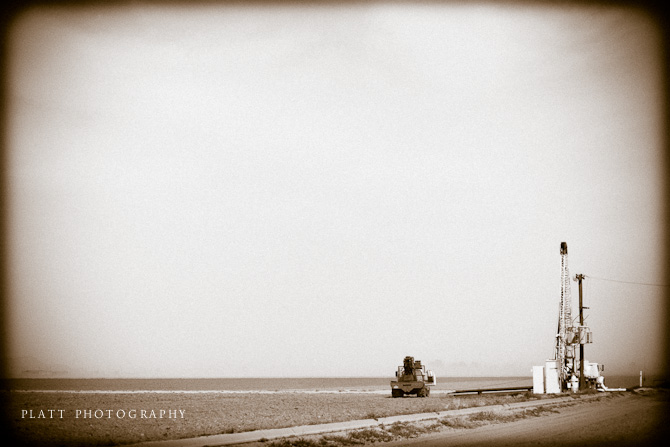
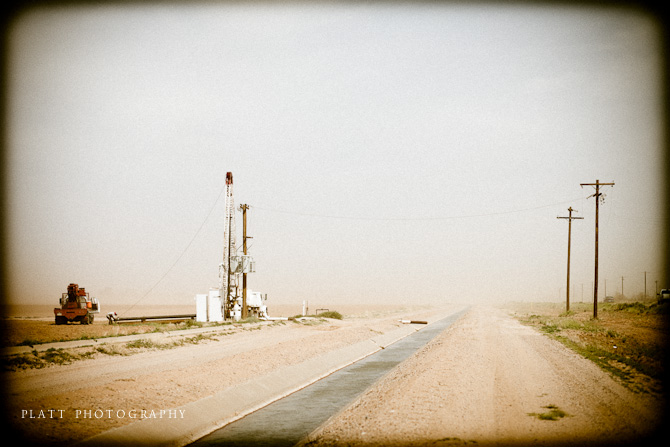
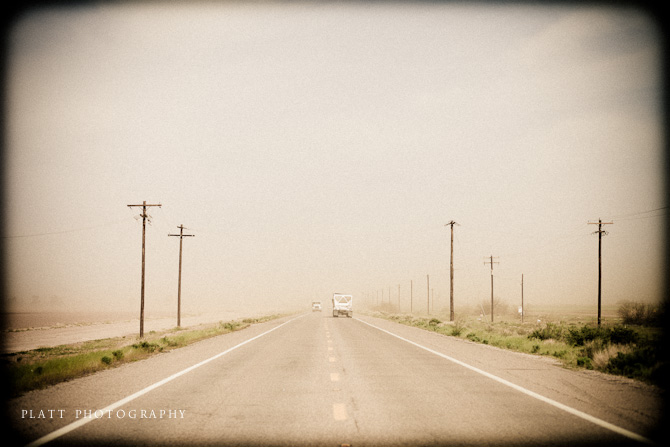
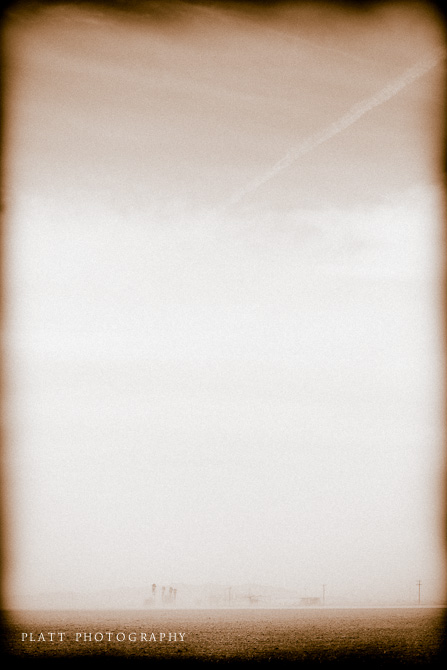
Tech Talk: All of the images in this post were completely processed in Lightroom. They were never opened in Photoshop. Tones, grain and vignettes were all added in Lightroom without the use of any additional plugins etc. Below is a video about creating custom vignettes in Lightroom like those you see above. This video is also on iTunes and on the Pictage Blog. Check out more of my podcasts at iTunes and more blog posts at Pictage Blog.
Creating Custom Vignettes in Adobe Lightroom 2.6 from Jared Platt on Vimeo.

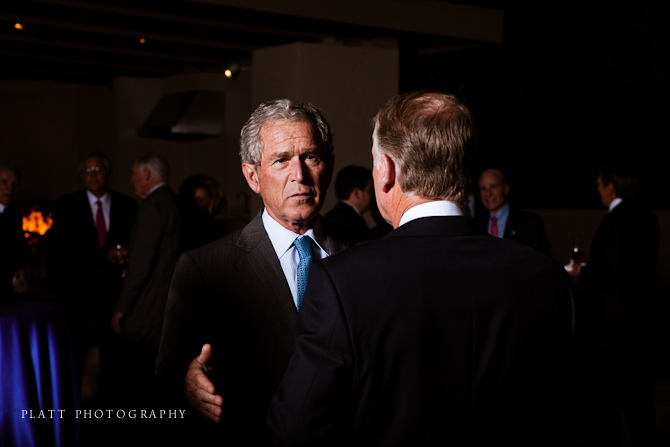
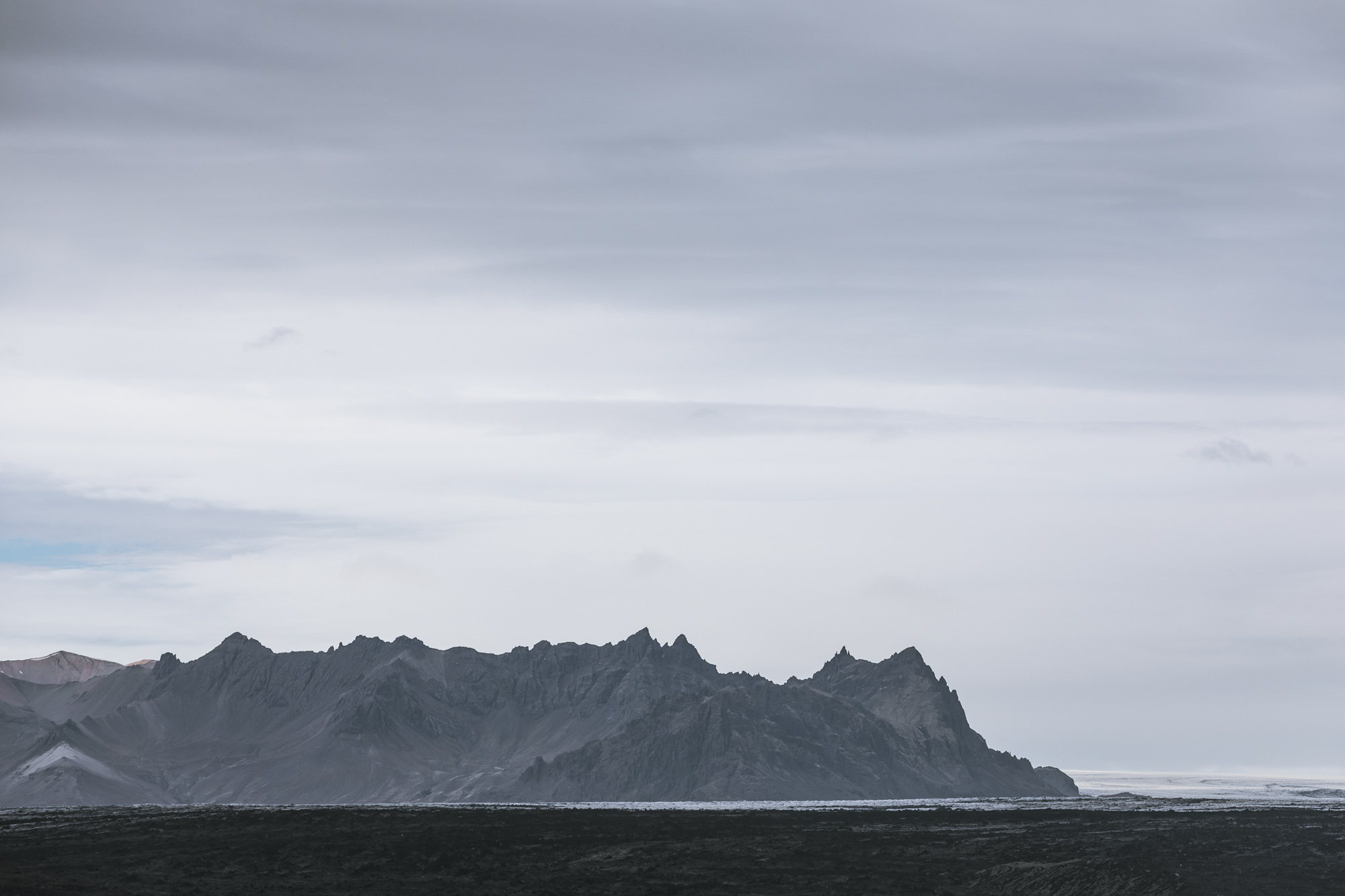
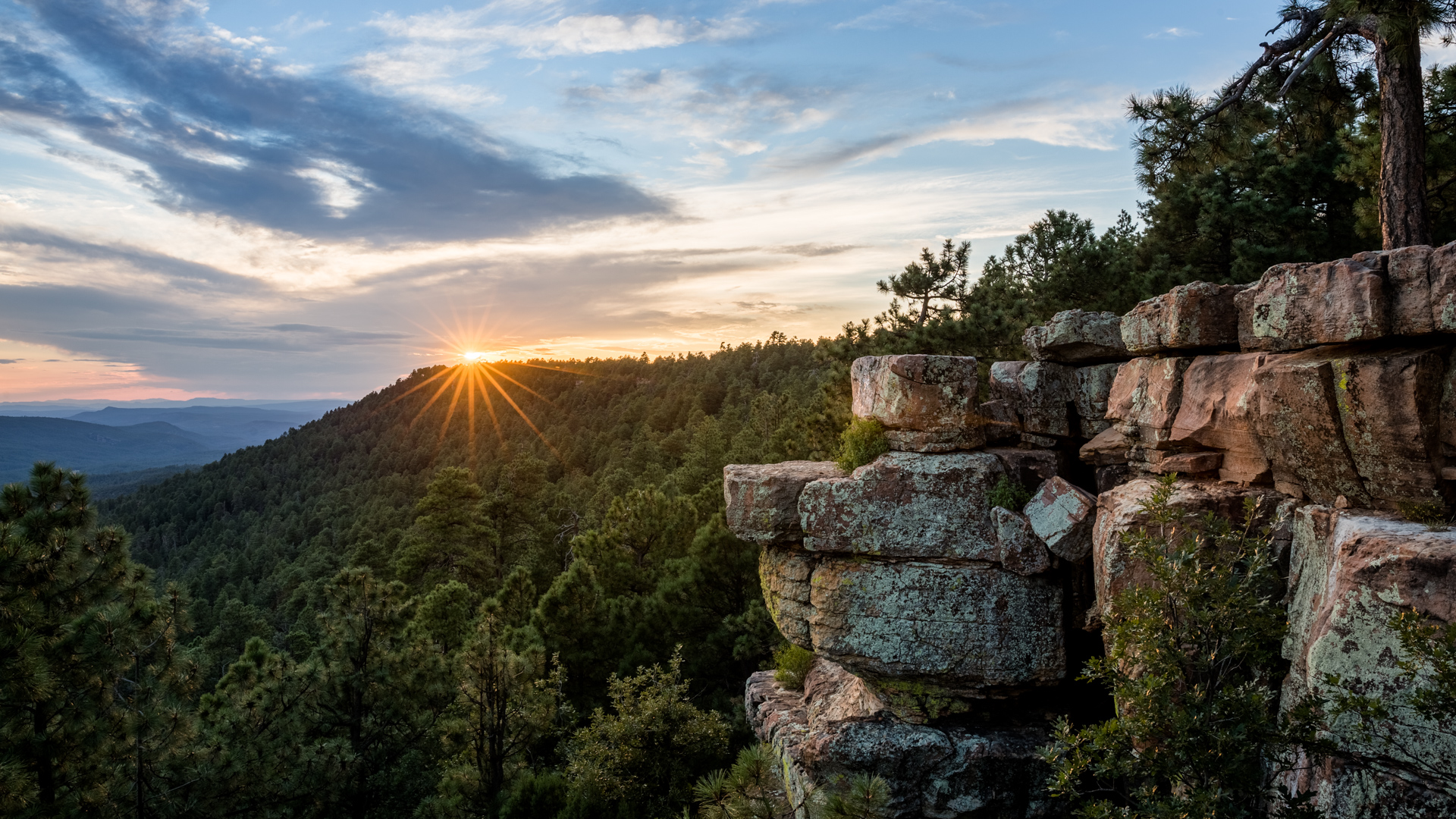
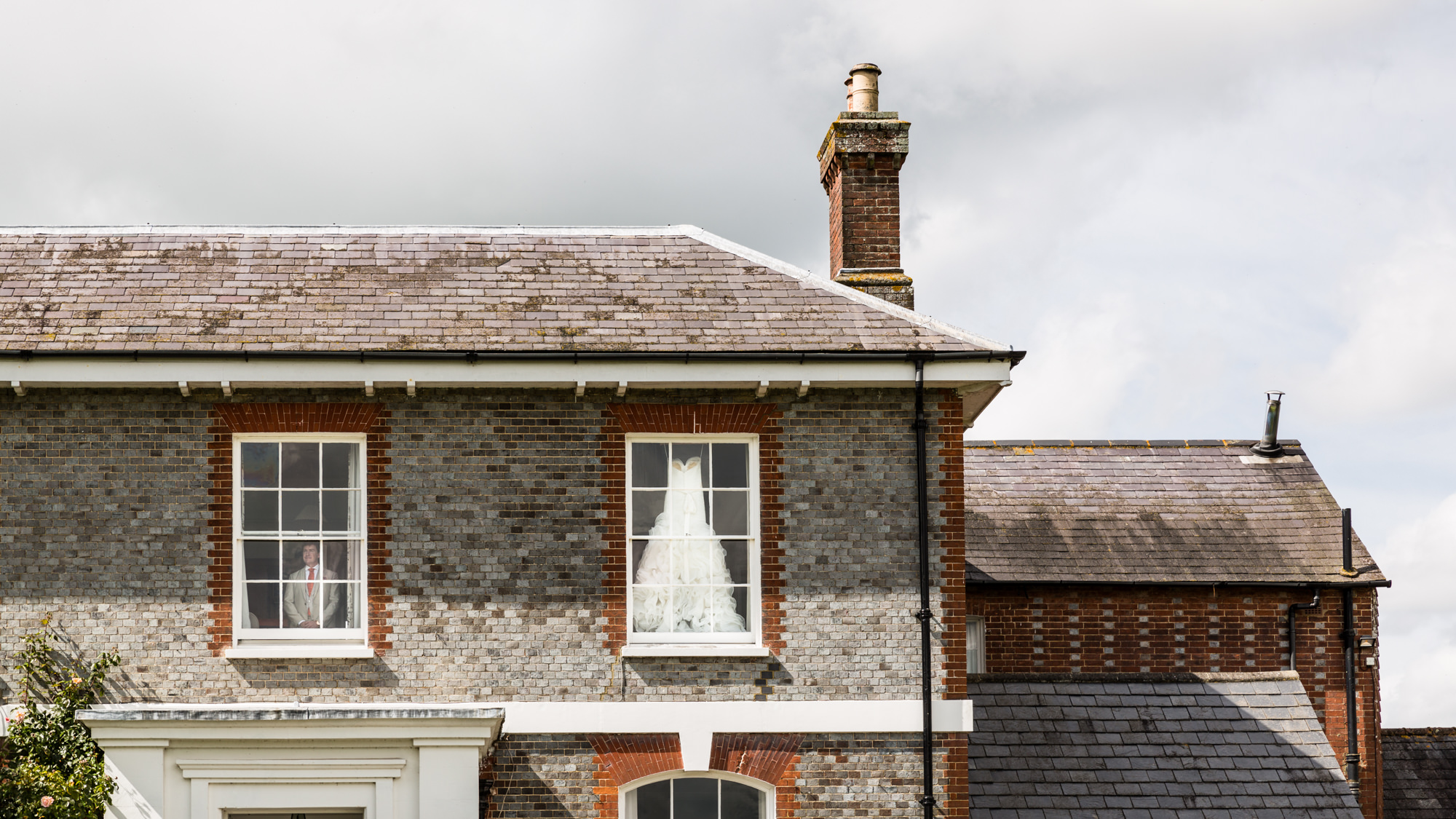
Leave A Comment
You must be logged in to post a comment.